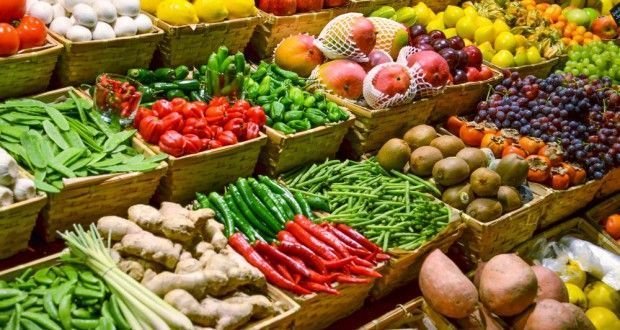By Eyo Nsima
As the world marks the International Day of Awareness of Food Loss and Waste, on September 29, 2022, research by the Intergovernmental Panel on Climate Change, IPCC, showed that food loss and waste account for 8-10 percent of global greenhouse emissions.
The United Nations, UN, that made the disclosure, called for the wagging of a relentless battle against food loss and waste in the developed and developing countries.
Similarly, according to UN, Clementine O’Connor, a food systems expert with the United Nations Environment Programme, UNEP, said: “Food loss and waste occurs at every stage of the supply chain but is concentrated on the farm and in the home.
“The middle of the supply chain generates comparatively small volumes of food waste but has resounding influence over how food is grown, purchased and eaten.”
In a statement obtained by The Daily, www.thedaily-ng.com, the UN, noted that, “O’Connor’s comments came just ahead of the International Day of Awareness of Food Loss and Waste, which falls on 29 September. The day is designed to push governments, businesses and consumers to address a prime shortcoming of the world’s food systems, which UN Secretary-General António Guterres said are “putting historic pressure on our natural resources, climate and natural environment.”
“The UNEP Food Waste Index Report 2021 revealed that around 931 million tonnes of food waste was generated in 2019, 61 per cent of which came from households, 26 per cent from food service and 13 per cent from retail”.
It quoted O’Connor as stating that, “Experts say there are some simple ways to stem those losses. Consumers can help reduce the amount of food lost in transport by buying locally grown produce, including at places like farmers’ markets. Supporting local farms also fosters food security and can help domestic agriculturalists adapt to climate change.
“Growing your own food can help you enjoy produce at peak ripeness, but systemic changes, at country and city-level, are needed to dramatically reduce food waste.
“About 70 per cent of food consumption occurs at the urban level. Experts say city governments can help create circular food systems by raising awareness about food loss, promoting urban agriculture, providing free food waste recycling services, and banning organic waste from landfills.
“With food prices 34 per cent higher than this time last year, consumers also have a powerful incentive to reduce food waste. Yet new research from Unilever and the non-governmental organization Wrap shows that food waste costs families with children 780 pounds sterling per year in the United Kingdom and US$1,900 per year in the United States. Alongside reducing energy and water usage and rethinking transportation, cutting food waste is an important way we can all cut our costs.
“An estimated 3.1 billion people worldwide do not have a healthy diet, and some 828 million people go hungry. Since 2019, the number of people experiencing hunger as a result of the pandemic has increased by more than 100 million. All of this means there is an urgent need to accelerate action to reduce food loss and waste.
“The good news is that progress is being made. The Courtauld Commitment has supported a 27 per cent reduction in food waste since 2007 in the United Kingdom. Similar partnerships are advancing rapidly in Mexico, South Africa, Indonesia, Australia, and parts of the United States.”








